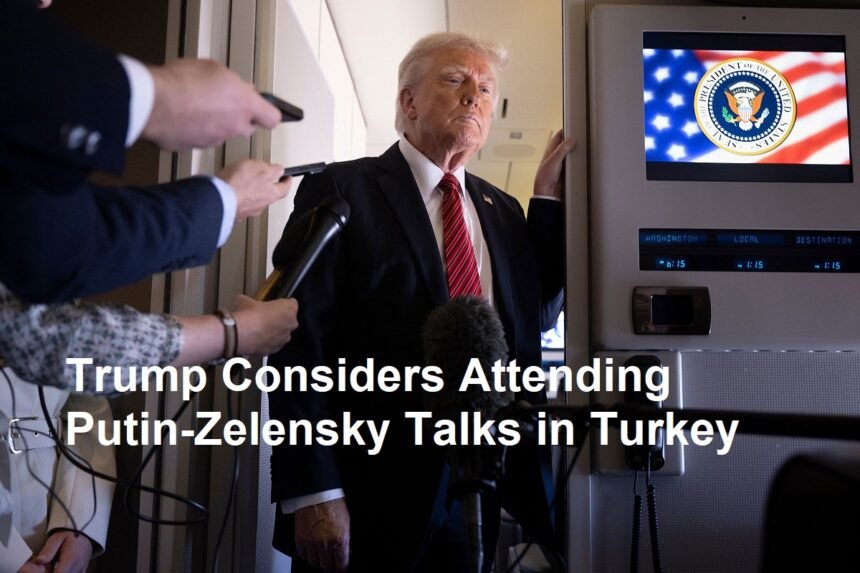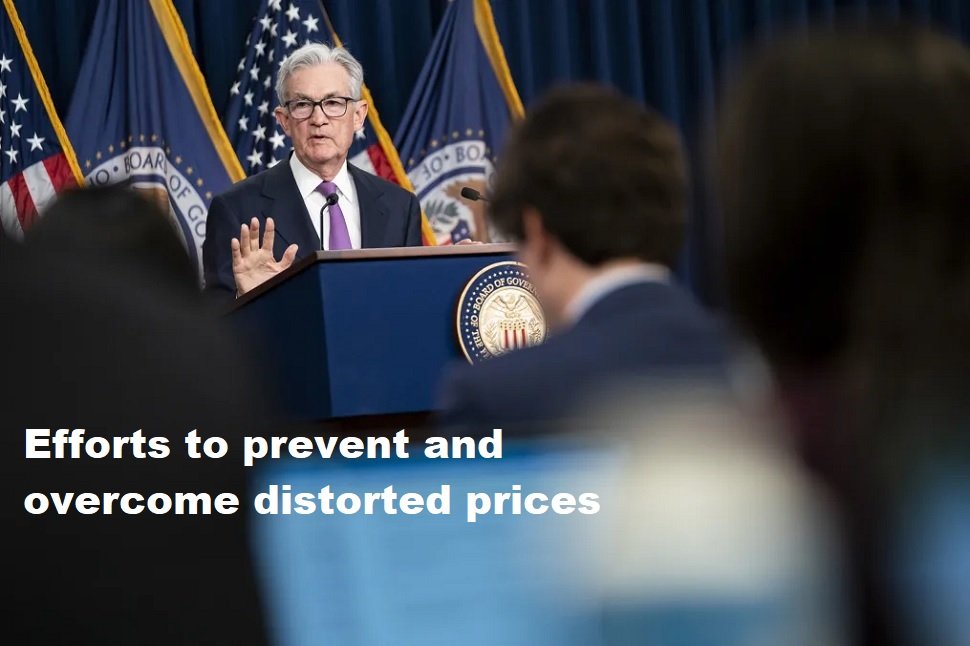On May 15, 2025, a highly anticipated meeting is set to take place in Turkey between Russian President Vladimir Putin and Ukrainian President Volodymyr Zelensky, aimed at addressing the ongoing conflict between the two nations. This potential summit has garnered significant international attention, not only because of the high stakes involved but also due to the possibility that former U.S. President Donald Trump may consider attending the talks. The prospect of Trump’s involvement adds a unique dimension to the diplomatic efforts, reflecting the complex interplay of global politics surrounding the Ukraine-Russia conflict.
Ukrainian President Volodymyr Zelensky recently announced his willingness to meet with President Putin in Turkey, following a direct appeal from Donald Trump. Trump urged Zelensky to accept Putin’s proposal for direct talks without delay, emphasizing the urgency of seeking a resolution to the prolonged and devastating conflict. Zelensky’s agreement to the meeting signals a potential breakthrough in diplomatic relations, as both sides appear ready to engage in dialogue after years of hostilities that have resulted in significant loss of life and widespread destruction.
Despite Zelensky’s commitment, uncertainty remains regarding Putin’s attendance. Trump himself expressed doubts about whether the Russian leader would actually participate in the talks. Speaking on May 14, 2025, Trump conveyed cautious optimism about the meeting but acknowledged that Putin’s presence was not guaranteed. Turkish officials have indicated that while they do not expect Trump to join the meeting officially, a last-minute visit cannot be entirely ruled out. This ambiguity adds an element of suspense to the proceedings, as the international community watches closely to see if all parties will come together in a meaningful way.
The context of this meeting is deeply rooted in the ongoing conflict that erupted in 2014 and escalated dramatically in recent years. The war between Russia and Ukraine has drawn global concern due to its humanitarian impact and the broader geopolitical tensions it has intensified. Efforts to broker peace have been ongoing, with various international actors attempting to mediate and facilitate negotiations. Turkey’s role as the host country for this summit underscores its strategic position as a mediator capable of bridging divides between conflicting parties.
Donald Trump’s potential attendance at the meeting is particularly noteworthy. As a former U.S. president with a history of involvement in international diplomacy, Trump’s presence could influence the dynamics of the talks. His previous tenure was marked by a distinctive approach to foreign policy, including direct engagement with leaders like Putin. Trump’s encouragement for Zelensky to accept the meeting proposal reflects his interest in playing a role in resolving the conflict, even after leaving office. Should he attend, it would mark a rare instance of a former president participating in high-stakes diplomatic negotiations, potentially lending additional weight to the discussions.
The significance of the Turkey meeting extends beyond the immediate goal of ceasing hostilities. It represents a critical opportunity to explore pathways toward a sustainable peace agreement, addressing issues such as territorial disputes, security guarantees, and humanitarian concerns. The involvement of multiple stakeholders, including the United States and Turkey, highlights the international community’s vested interest in stabilizing the region and preventing further escalation.
However, challenges remain formidable. The deep-seated mistrust between Russia and Ukraine, coupled with divergent political objectives, complicates the negotiation process. Putin’s reluctance to commit to a ceasefire agreement, as reported, suggests that the talks may focus more on negotiating terms to reduce violence rather than an outright end to the conflict. Zelensky’s willingness to engage, encouraged by Trump’s urging, indicates a pragmatic approach to diplomacy, seeking any viable avenue to alleviate the suffering caused by the war.
In conclusion, the upcoming meeting in Turkey on May 15, 2025, between Presidents Putin and Zelensky stands as a pivotal moment in the quest for peace in Eastern Europe. The possibility of Donald Trump’s attendance adds an unexpected layer to the proceedings, reflecting the complex and multifaceted nature of international diplomacy. While uncertainties about Putin’s participation persist, the very act of convening signals a shared recognition of the need for dialogue. The world watches with hope that this summit will pave the way for meaningful progress toward ending one of the most challenging conflicts of the 21st century.









